Cameroon is dealing with bloody conflict in the English speaking region and one of the worlds deadliest terrorist groups in the Far North
How will it cope with Covid-19
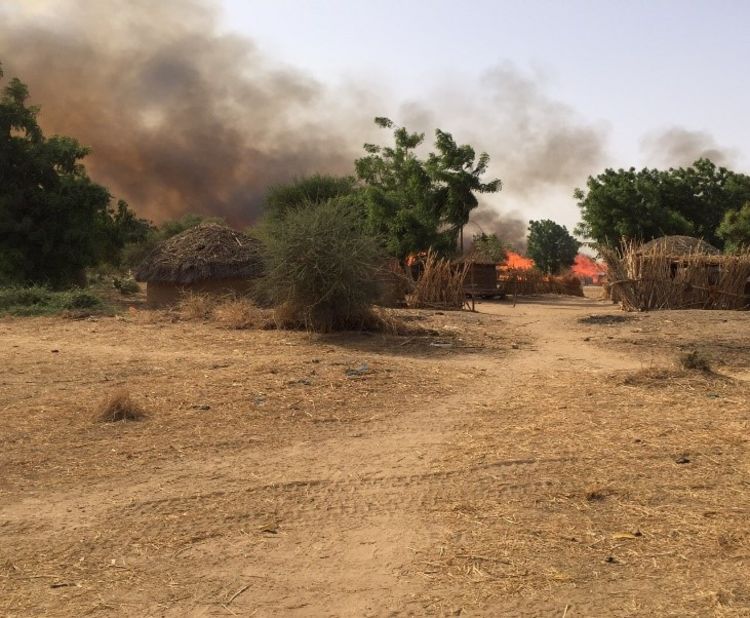
Schools are shut, markets are closed, and public transport is suspended. This may sound like a country in lockdown due to Covid-19, but this has been life in the English speaking region of Cameroon for over three years.
In the Far North of Cameroon, fears of attacks by Boko Haram means people live in fear every day. Covid-19 may have brought a lot of the world to a halt, it has not stopped Boko Haram.
Cameroon
North-West and South-West English speaking region
Far North
The conflict between the English speaking region- which makes up 20% of the population - and French-speaking areas of Cameroon stems back to the German occupation of the country in 1884. After World War 1 the area was divided between France and the United Kingdom. The British took control of the Southern Cameroon region and administered it from their neighbouring colony Nigeria. In 1960 the French Cameroon area gained their independence as did the British side after a referendum, and the two regions came together to form the French Republic of Cameroon.
However, Southern Cameroon didn’t get the option to be an independent state. They were given the choice to join Nigeria or Cameroon, as they were thought to be economically incapable of being an independent state.
The controversies and tension between the two regions have simmered on ever since. The situation boiled over in 2016. Francophone Cameroon operates on civil law whereas the Anglophone region uses common law. The appointment of French-speaking judges in the Anglophone courts and French-speaking teachers in English schools sparked protests in the North-West and South-West region.
President Paul Biya - who has ruled for 38 years - responded heavily with the army. Hundreds of protestors were arrested, an unconfirmed number of people were shot dead, and many were treated for bullet wounds in the hospitals.
Due to the governments oppressive handling of the situation, separatists have taken up weapons themselves. They have killed police officers and officials and occupied schools so the next generation doesn’t grow up under French influence. They have kidnapped, assaulted and even killed people that have disobeyed the enforced lockdowns; accusing people of siding with the government.
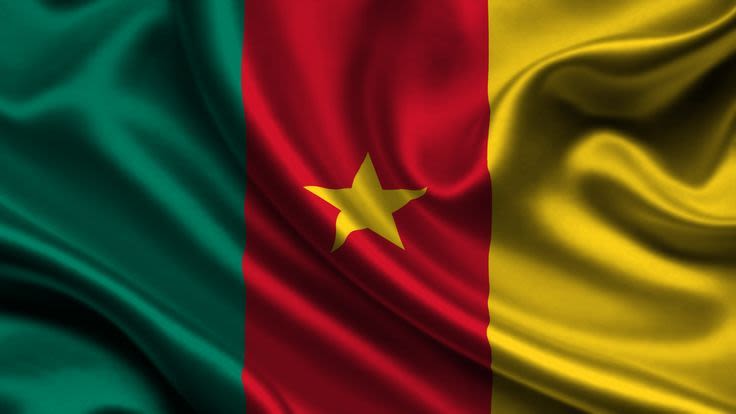
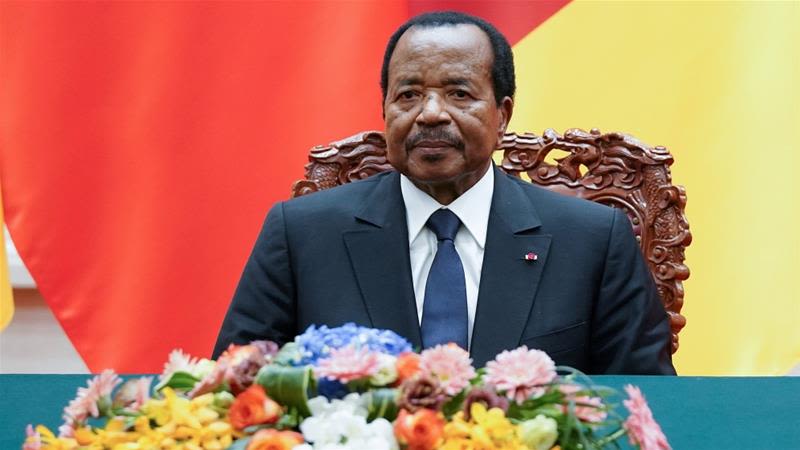
"We need help. We need some sort of mediation to stop the war. This war is making our lives miserable."
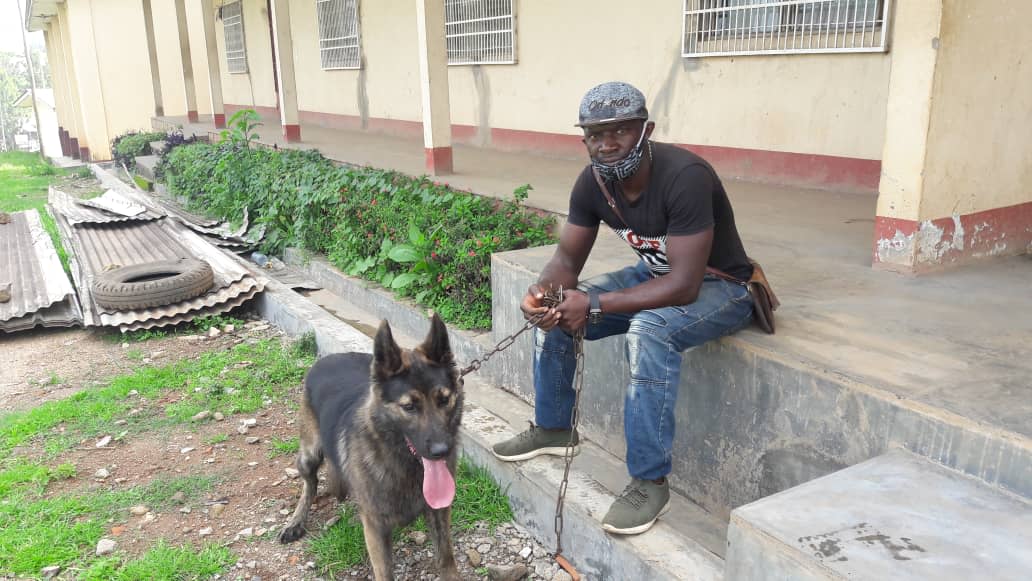
Since the crisis began in 2016, violence between armed separatist groups and the government’s army has led to more than 3,000 people being killed and almost 700,000 people have been displaced. People have sort refuge in neighbouring Nigeria, and many people are hiding out in the forests.
In the Southern region, the government has shut off the internet for months at a time. A BBC report shows villages which have been burnt down, acts of torture and killing.
There are many pictures and videos on social media which are too graphic to show.
Faith Forbi, who now lives in the UK but has family in North-West Cameroon said: "So many have lost their lives and many are homeless. It is just right for the people to get what they deserve which is freedom. They have lived in bondage for so long. The future of Southern Cameroon should be what Southern Cameroonians want."
On 14 February this year, Cameroons military killed at least 21 people, including 13 children and a pregnant lady, in Ngarbuh village, a report by Human Rights Watch showed. The government at first denied the army was involved but has now admitted that three soldiers were involved with a vigilante group.
The killings came after parliamentary elections on the 9 February, elections marred by low turn out and disruption. The Anglophone regions were in lockdown either side of the election from the 7th to the 12th. Lockdowns enforced by separatists have become a regular occurrence for the English speaking regions over the last few years. Usually, on a Monday, markets are closed down, public transport is suspended, and people fear to leave their homes.
Schools in the Anglophone regions have been shut for four academic years in a row. The United Nations Children’s Fund, Unicef, says more than 80% of schools have been closed, affecting more than 600,000 children. At least 74 schools have been destroyed, and any teachers or pupils that risk going to school fear violence and kidnapping.
The Southern Cameroon region is still fighting to be an independent state and has self-declared itself Ambazonia.
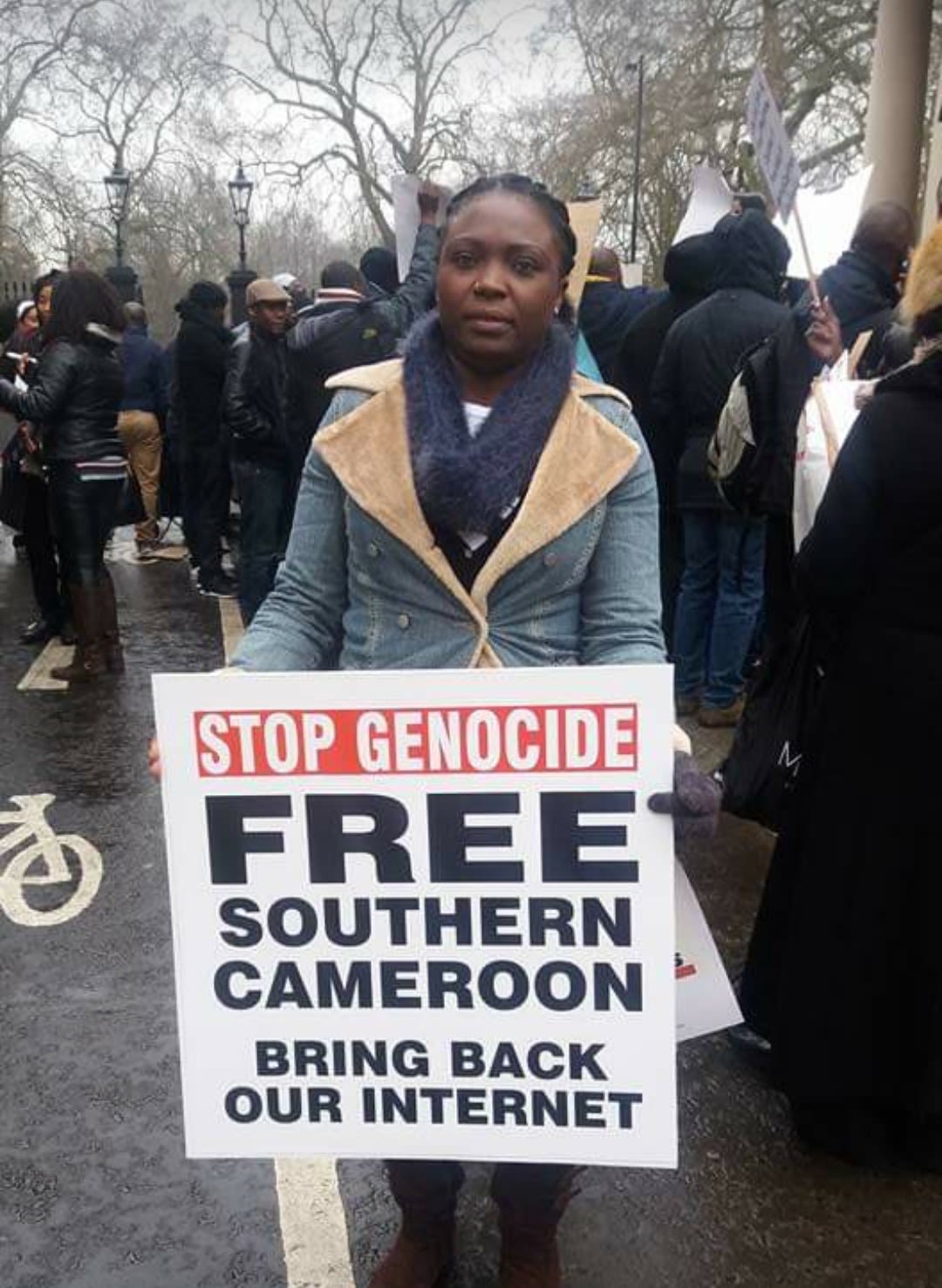
Faith Forbi - London Protest, 2017
Faith Forbi - London Protest, 2017
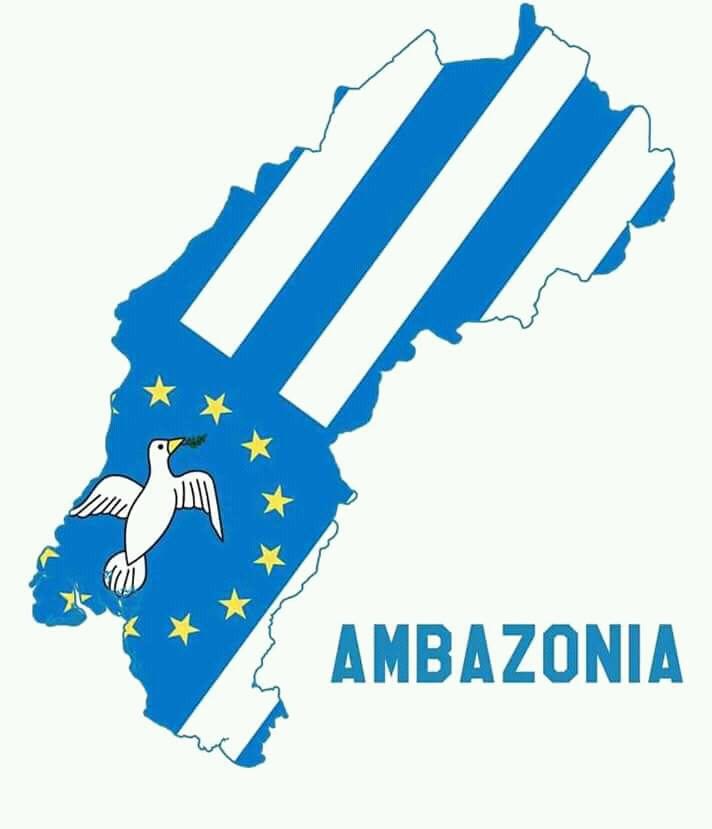
Ambazonia Flag
Ambazonia Flag
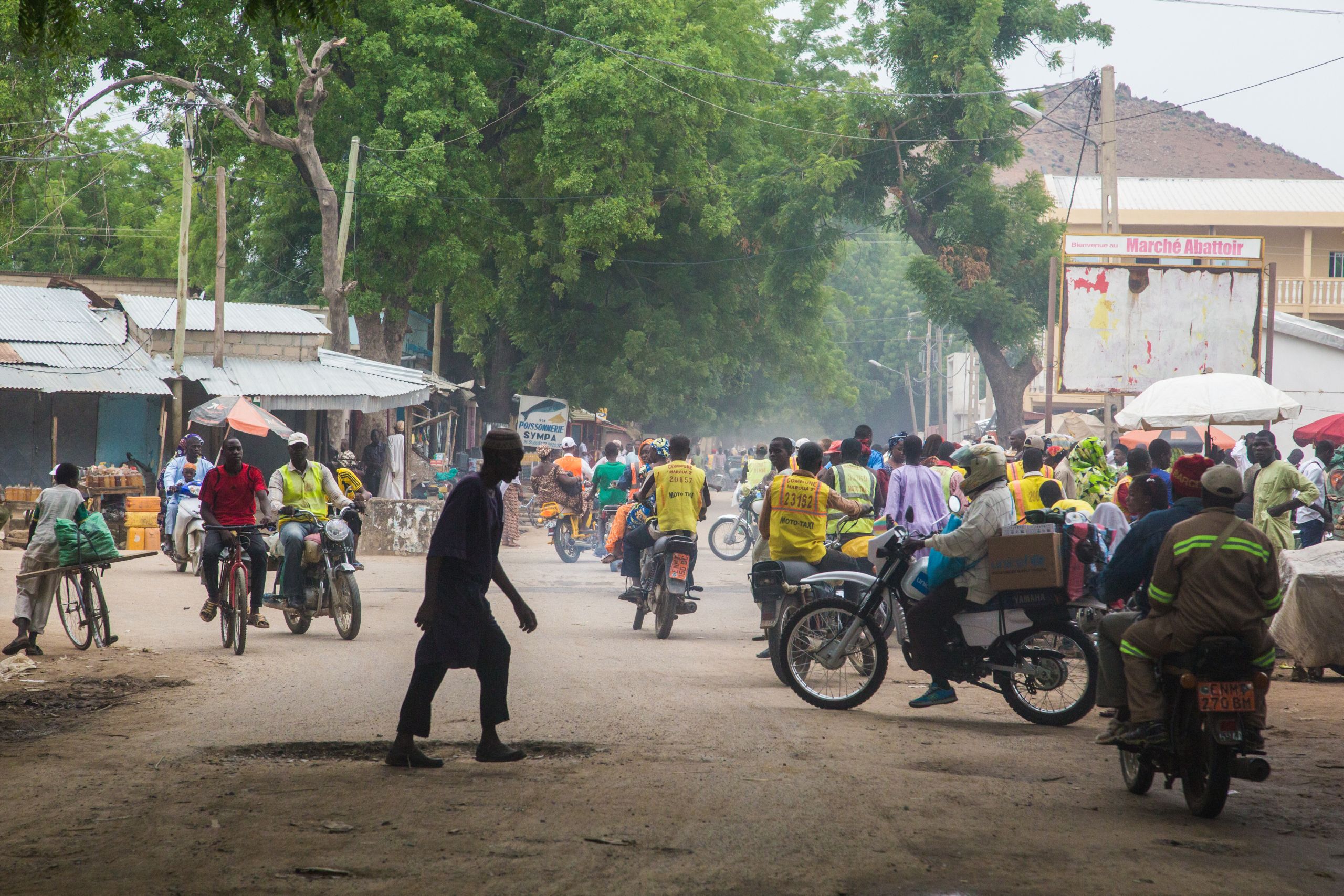
Maroua - Capital of the Far North Region. Creidt: Vincent Tremeau/Amnesty International
Maroua - Capital of the Far North Region. Creidt: Vincent Tremeau/Amnesty International
Jihadist group Boko Haram formed in northeastern Nigeria in 2009 and spread to neighbouring Niger, Chad, and northern Cameroon.
Their campaign of terror has killed tens of thousands of people, thousands of children have been abducted, and over 2.2m displaced.
The conflict in the Far North of Cameroon has caused around 300,000 people to be displaced since 2014. In an annual report released December last year, Amnesty International reported at least 275 people were killed, women were mutilated, kidnapped and forced to convert to Islam, and villages were looted and burnt down.
Attacks have not stopped because of Covid-19. On April 5, witnesses saw two teenage suicide bombers kill themselves and nine others in the centre of Amchide, in the Mayo-Sava division which borders Nigeria. There was also a reported attack by Boko Haram in the same division on the night of 15 April.
On the night of May 18, the group struck again, attacking Kolofata.
Tity Agbahey, who works for Amnesty West and Central Africa, said: "It's painful to say but for people there, this might be business as usual as the conflict is underreported and has been for years. They feel abandoned."
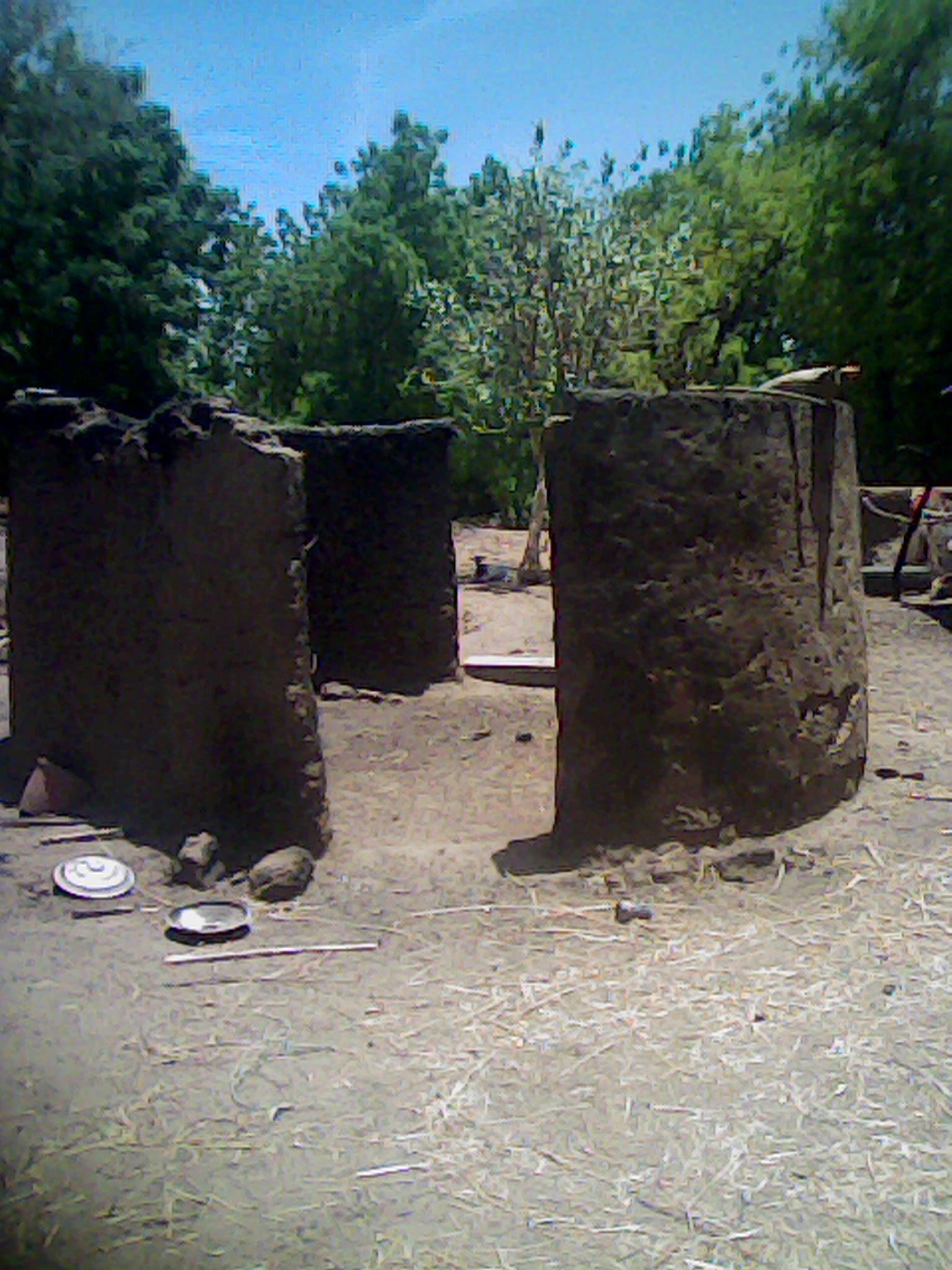
One of the houses destroyed by security forces on 27 December 2014 following a search and cordon operation in the village of Doublé, Far North region, Cameroon.Credit: Private/Amnesty International
One of the houses destroyed by security forces on 27 December 2014 following a search and cordon operation in the village of Doublé, Far North region, Cameroon.Credit: Private/Amnesty International
Conflict in these volatile regions makes it difficult enough to deliver aid and the government has now restricted humanitarian flights.
At this critical time, with little health care facilities available, getting aid workers and medical supplies to these vulnerable people is as vital as ever.
To date, 3 June, Cameroon has over 6,000 confirmed cases and 200 deaths. One of the highest rates in Africa.
A report by Human Rights Watch showed that the fight against Covid-19 has not inspired the Government to bring the country together.
In a move welcomed by the UN, one separatist group, the Southern Cameroons Defence Forces (Socadef) called for a ceasefire so the country can battle Covid-19. Other separatist groups and the government have made no such promise and violence and deaths in the area are still being reported.
Tity Agbahey believes now more than ever, both the Far North and English speaking regions of Cameroon need help. She said: “The call would be to strengthen protection to avoid adding another layer of vulnerability because even before this pandemic, people were already in dire situations.”
Lockdown and insecurity is nothing new for many people in Cameroon, but Covid-19 and how the government responds will affect how many lives are lost in these war-torn areas.
